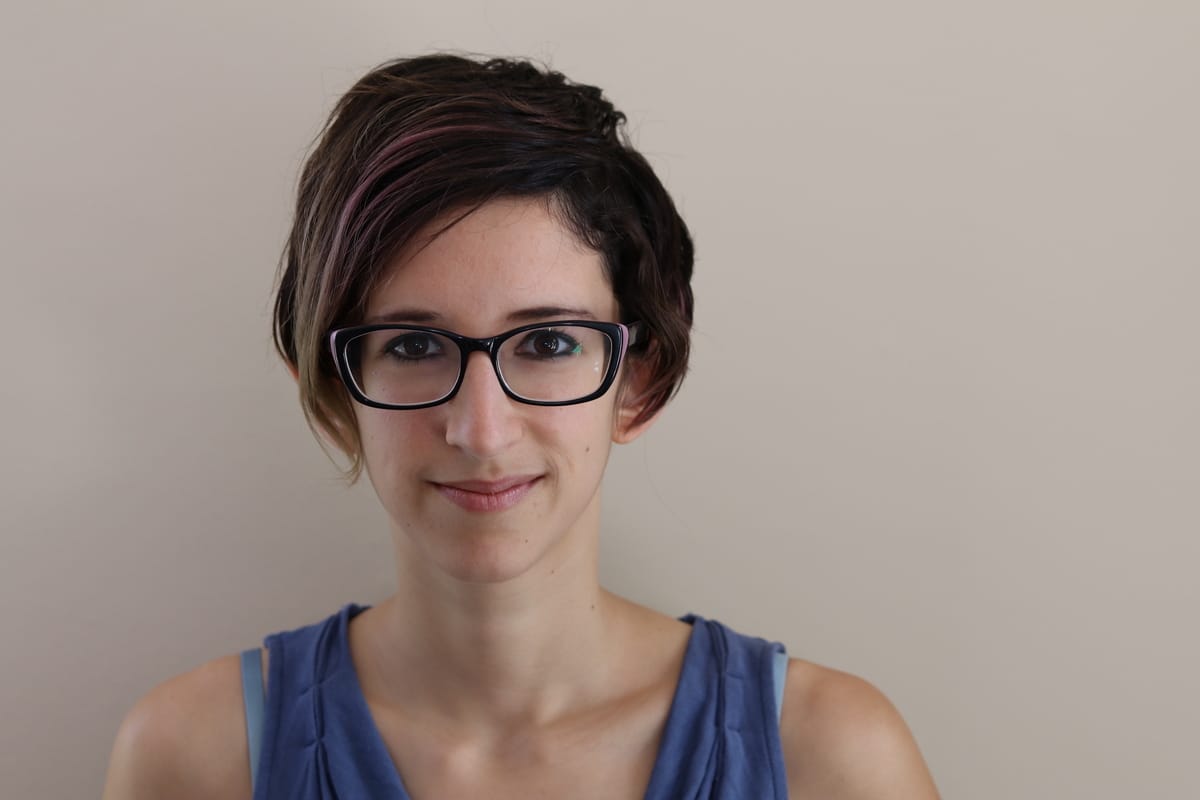
Baby Yoda, or Grogu, the super-powered child star from Disney’s The Mandalorian, has won the world’s affection with his mischievous antics, mysterious origin story, and scientifically perfect baby babble. But if you, like me, find yourself wanting to reach through your screen and punch Baby Yoda, science says that’s normal too.
The urge to bite, pinch, punch, squish, or smother things that we find adorable is so common neuroscientists have a name for it: cute aggression. Many people have reported feeling this way after watching Baby Yoda do, well, just about anything, and Katherine Stavropoulos, an assistant professor at the University of California Riverside who has studied cute aggression, says that isn’t surprising.
“There seems to be a universal set of features that makes things cute,” Stavropoulos told The Science of Fiction. “A head that’s too big for your body, big eyes, chubby cheeks, a smaller nose. And if we look at Baby Yoda he has most of these things.” When something checks all of our cute boxes, she says, people just want to squeeze it.
So, why do we get this strange brain disease when the little green tot stuffs a blue macaron in his mouth? Stavropoulos, whose research focuses on differences in brain activity between kids with and without autism, first became interested in that question because she wondered whether people with autism experience cute aggression. But when she started digging into the scientific literature, she couldn’t find any papers that addressed the neuroscience basis for cute aggression at all.
So, Stavropoulos decided to start there. In 2018, she recruited 54 college students for a study. Participants were asked questions about their emotional responses to various situations and then shown images of baby animals, adult animals, more cute babies, and less cute babies while an electroencephalogram (EEG) recorded their brain activity. After each batch of images, the participants were asked to rate how much they agreed with statements about how the photos made them feel. These included statements meant to sleuth out cute aggression, like “I feel like pinching those cheeks!” because sometimes, you’ve just got to go where the science leads.
While the findings reinforced the notion that cute aggression is quite common—nearly 65 percent of participants reported expressing a desire to squeeze something cute at some point—a specific type of smol critter-lover appears to be most susceptible. Specifically, people who reported getting overwhelmed by positive feelings about cute things were also more likely to report symptoms of cute aggression when presented with puppies or kittens.

Kittens are also designed to hijack our brains, right? Photo Credit: Wikipedia
“There is a percentage of people who go from ‘oh that’s so cute’ to ‘oh my gosh, I’m overwhelmed by how positively I feel about this,’” Stavropoulos said. “And those are the people who report feeling cute aggression.” The EEG results indicated that these feelings recruit both the emotional system and the reward system of the brain.
It still isn’t exactly clear why people who get overwhelmed by warm fuzzy feelings also feel the impulse to smother the object of their affection. But this could be the brain’s way of preventing us from becoming incapacitated by cuteness.
“You can kind of imagine if you’re so overwhelmed you can’t take care of a cute baby, then evolutionarily that’s not helpful to you,” Stavropoulos said. “One thought is [cute aggression] is kind of designed to bring us back to reality.” Researchers have also floated the idea that cute aggression might serve as a paradoxical reminder to be physically careful around small creatures because they’re vulnerable.
Whatever the adaptive basis for this neurological wire crossing, Stavropoulos emphasizes that cute aggression isn’t bad. People who report feeling this way do not actually tend to harm cute things. “There’s nothing wrong with you if you don’t feel cute aggression, but there’s also nothing wrong with you if you do,” she said. “This really just comes down to individual differences in how we process strong feelings.”
Still, if you’re looking for a way to channel that positivity overload you feel the next time Baby Yoda remorselessly snacks on someone’s frog eggs, you’ve got a couple of science-backed options. A 2015 study showed that people who were given a pillow while looking at cute things were more likely to squeeze it. Likewise, people given bubble wrap tended to pop more bubbles.
So, if you want to get prepared for Season 3 of The Mandalorian, consider stocking up on plushies and packing materials this holiday season. Feel free to experiment with other ideas, too. For all we know, Disney’s got the kid on retainer for centuries.
Top image: Lucasfilm

